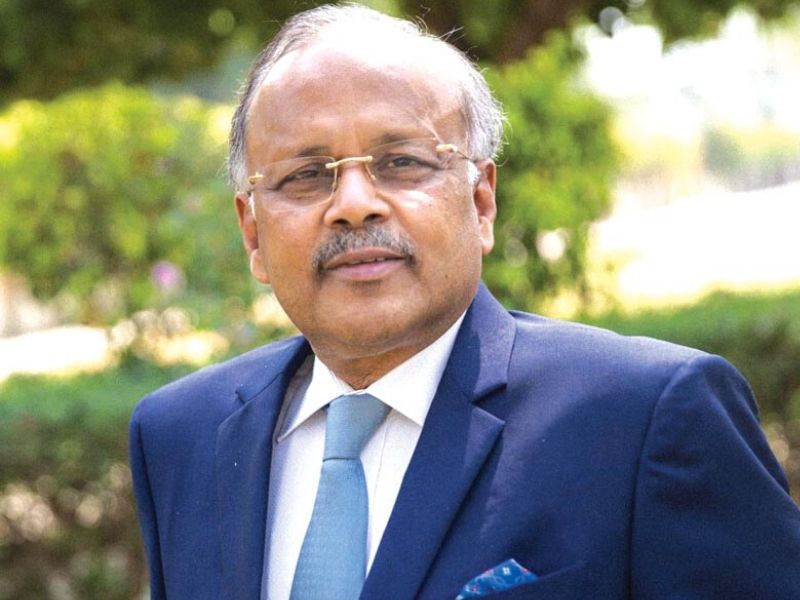
Chairman, Seth Anandram Jaipuria Group of Educational Institutions
A highly-respected Delhi-based industrialist, Shishir Jaipuria is chairman of the Seth Anandram Jaipuria Group of Educational Institutions (SAJGEI), the umbrella organisation of 12 K-12 schools (Seth Anandram Jaipuria Schools), five preschools (Little One — The Jaipuria Preschool) and two business management colleges (Jaipuria Institute of Management & Jaipuria School of Business) in north India. Together, these institutions have 20,000 students mentored by 800 faculty on their muster rolls.
How have SAJGEI schools and colleges responded to the national lockdown?
We didn’t allow the lockdown to disrupt school and college education and confronted the challenge headon. First, we invested in appropriate technology and equipment to adapt to digital pedagogies. Next, we began training our teachers in online education delivery and developed a robust system to also facilitate parental engagement ensuring that all our stakeholders — students, staff and parents — are fully satisfied. Since then, despite initial hiccups, our committed teachers are successfully conducting online classes for all our students who have responded with great enthusiasm.
What are the major challenges confronting Indian K-12 education in the Covid era?
• Access to digital devices and Internet connectivity especially for children from socio-economically disadvantaged households
• Ensuring a balanced blend of synchronous and asynchronous learning given that blended learning is set to
become the new normal
• Training of teachers in emerging digital technologies
• Winning parents’ trust and confidence while switching to digital pedagogies
• Investing in infrastructure and ensuring safety protocols are followed once schools reopen.
Also read: Covid-19 Frontline Education Warrior: Shishir Jaipuria, Chairman, SAJGEI
Several state governments have issued fees waiver/deferment circulars to private school managements. Your comment.
We understand the financial anxiety of parents in these challenging times. The government’s circular to schools for fee deferment is justifiable for parents suffering income and business loss, but not for parents with the means to pay tuition fees. In my opinion, the best way to resolve the issue is by reaching out to parents and finding solutions collaboratively to ensure smooth functioning of schools.
What are your Top 3 proposals for reforming K-12 education in India?
• The skills students require in the 21st century are very different. Schools must replace rote learning with experience-based projects with emphasis on lifelong learning. Henceforth, pedagogies will have to be centred around developing the technology, collaboration, critical thinking and communication competencies of the next generation.
• India has attained a satisfactory K-12 GER (gross enrolment ratio). But quality of education dispensed is unsatisfactory. Education quality enhancement must become the primary focus of schools. They should ensure students’ overall preparedness for future workplaces, not exams.
• As per a UNDP report, the financial requirement for India to reach Sustainable Development Goal 4 – quality education for all — by 2030 is $2.25 trillion (Rs.168 lakh crore). Huge investment is required to meet this goal. Private domestic and foreign investment needs to be encouraged with provision of greater autonomy and flexibility to ensure “inclusive and equitable quality education and promotion of life-long learning opportunities for all”.
What are your future plans for the SAJGEI?
Jaipuria School of Business is all set to promote its Saamarthya Teachers Training Academy of Research
(STTAR) to expose teachers to global best practices and digital tools so they always remain ahead of the learning curve. During the next five years, we also plan to open 40 K-12 schools in the educationally underserved Hindi belt of Uttar Pradesh, Madhya Pradesh, Uttarakhand, Punjab and Rajasthan.